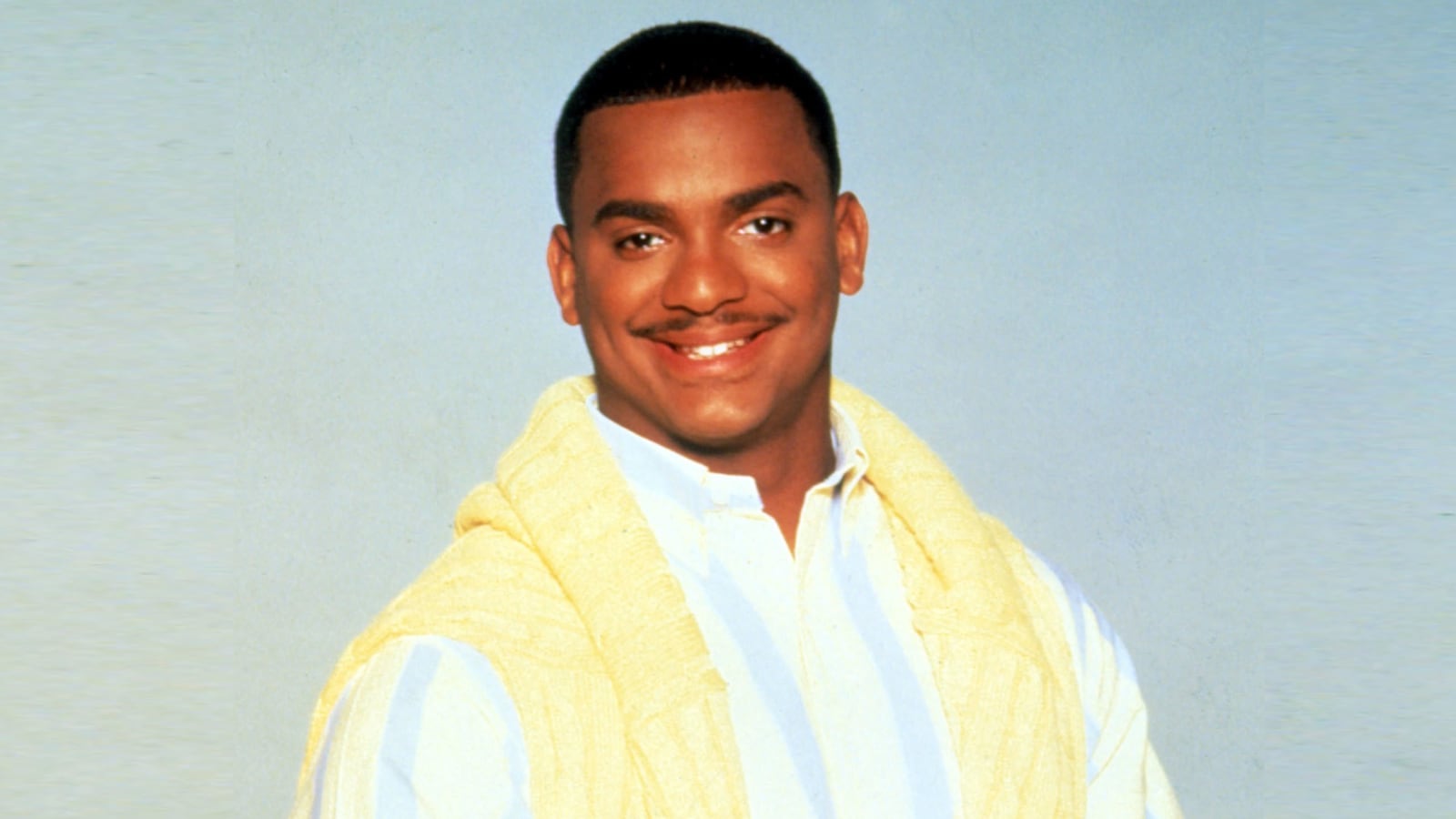As kids go back to school this week, when it comes to black ones, it’s time to do some myth-busting. This week’s topic: black teens calling their nerdy black peers “white” for liking school. It’s a problem, because too often, black kids who want to fit in end up letting their grades slip.
The social scientists John Ogbu and Signithia Fordham first called attention to this phenomenon in the 1980s. But over the past 10 years, a myth has settled in that the “acting white” idea has been disproven—that black kids do not devalue scholarly achievement as white, and that people who say so are promulgating a falsehood. A recent column by Nia-Malika Henderson is emblematic of this denial. She wrote that when Barack and Michelle Obama criticize the black community for tolerating these “acting white” allegations, “their rhetoric, while seen as refreshing and bold by some, actually seems to confirm a stereotype, that somehow African Americans don’t value academic achievement.”
Obama, though, has been arguing the case for a long time. In the Democratic Convention speech that introduced him to America in 2004, he derided the idea that “a black kid with a book in his hand is acting white.” But this summer a decade later, when Obama brought up the “acting white” problem in his pep talk to black boys kicking off his My Brother’s Keeper initiative, Henderson and other columnists—with the welcome exception of Jonathan Capeheart—dogpiled on him for hanging on to an illusion.
Folks, no. The research confirms that the “acting white” charge is a real problem that intimidates some black students away from doing their schoolwork as diligently as they’d prefer. Our job is to confront it, not pretend it doesn’t exist out of discomfort.
A study that encourages us to pretend is one that showed that black kids, when asked whether they value school, say they do. But otherwise, the people who cheered this study are hip to the fact that personal feelings are often not reachable via direct questioning. It’s Enlightenment 101, for example, that you can’t figure out whether someone is a racist by just asking them—you have to smoke it out.
In the same way, as Harvard economist Roland Fryer has put it, “Asking teenagers whether they’re popular is like asking them if they’re having sex.” Indeed, his large-scale study of the issue shows that high-achieving black kids are cited by fewer of their peers as friends. That’s the kind of thing that gets someone a MacArthur. So, strike one against the idea that allegations about “acting white” aren’t real. Then the new idea was that a study headed by sociologist Karolyn Tyson refuted the “acting white” issue by showing that it mainly happens in integrated schools. But that’s exactly what the problem is—studies, plus heaps of journalism, document black teens defining themselves against white ones by classifying hitting the books as “them” rather than “us.” Obgu did a full-length study of this in Shaker Heights, Ohio, where the problem is unmistakable, and heartbreaking.
Few got to it: Ogbu died soon after it was released, and the original edition was strangely expensive. But neither of these things meant he wasn’t right. So, no, the reason black kids in an all-black ghetto school don’t do well isn’t that they think school is “white.” The reason is that the school is lousy. The problem is what happens with so many black kids who have more opportunity. So the fact that the problem exists mainly in integrated schools doesn’t make it a “myth.” Strike two.
And these days, the fashion has become to say that when black kids are called “white,” it’s not their scholarly bent being ridiculed but the way they talk or dress. The idea here is that the change is just a variation on being called a nerd—Jamelle Bouie is especially explicit—and therefore not something as problematic as an animus toward school itself.
But the evidence that the “acting white” charge is about scholastics and not the hang of your pants is too crushing to ignore. Ogbu’s book is evidence enough. Then there are media articles written nationwide— the Times did a signature one—where it is crystal clear that what’s seen as “white” is doing well in school. Of course bookish black kids will also tend to dress and speak in a certain way—but that doesn’t mean these are what the taunts are mainly about.
My book Losing the Race had a chapter about this, which predictably made a lot of people mad. Yet it also elicited several hundred missives from all over the country thanking me for writing about something that had been a serious problem in their lives (and this was when most of the mail was still actual letters!) From them, I culled 125 in which people quite explicitly described being teased for liking school, not for how they talked or dressed, and in quite a few of them people mentioned having stopped working hard in school in order to have friends.
Just “anecdotes”? No, come now: If I had just six or seven letters from people attesting to racial profiling, everybody would jump on that as confirming a national problem. My much bigger collection, unsolicited, shows something real. Strike Three.
Quite simply, the idea that the “acting white” charge is a myth is itself a myth. This myth is embraced by people who shudder in their boots at the idea that black problems—this time, scholastic performance—might be due to anything but white racism.
But there’s no need to fear “black bashing” on this one. As Stuart Buck has shown in an under-consulted book, the “acting white” charge is not only real (more testimonies too specific and copious to ignore), but it started in the late ’60s only as a response to how racist white teachers and students treated black kids amid the desegregation of schools. Desegregation was no fun even in less explicitly hideous circumstances like Little Rock—white kids could be mean to “those new people,” and there are countless tales of white teachers of the day telling black kids they could only do so well, and all but openly discriminating against them.
Note: It started in schools, and it has always been about school. Black nerds got teased before 1966—but they were just called things like “walking encyclopedia” (my mother elicited that one in the ’40s). The ’60s started something new.
And after that came something that’s too seldom discussed about how cultures can work—the idea of school as what “the man” does became entrenched in black cultural DNA, and it replicated over generations, carried along like baggage. It is a human universal that cultures carry along baggage in that way: There is no culture in which every trait corresponds to concrete needs or the state of the GNP.
On black teens, then, today you don’t have to be dissed by white teachers to think of school as “white.” Instead, the sentiment can piggyback on a natural, race-neutral teen tendency toward anti-authoritarianism, and even on more general feelings about racial injustice. All of that is understandable. There is no senseless “pathology” at work here.
However, claiming that when a black kid says to another one, “What are doing with all those books? You think you’re white?” that the subject is really sneakers or diction skirts a documented reality, favoring a mission committed to protection over one devoted to investigation.
It’s our job, for starters, to tell black kids as they come of age to dismiss anybody who tells them that having a book in their hand means they’re white—and to cheer when such counsel comes from the President himself.






